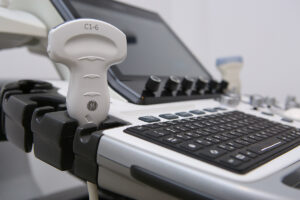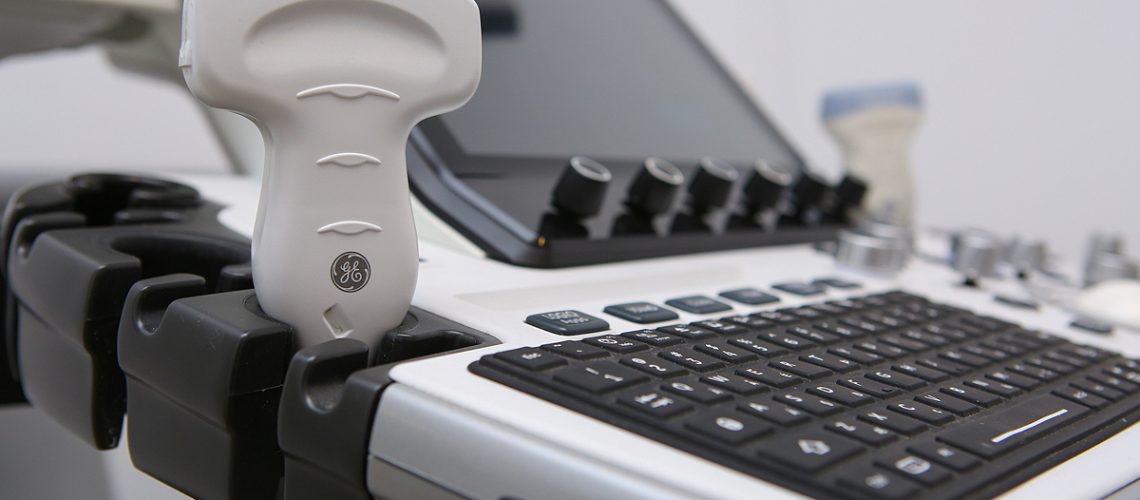
ADVICE ON PATIENTS WITH REFERENCE FOR ULTRASOUND
Ultrasound examination plays perhaps the most important role in primary care of patients, because: 1. It has no radiation or other harmful to the health of the examined side effects 2. It is simple to

Ultrasound examination plays perhaps the most important role in primary care of patients, because:
Ultrasound examinations have a limitation – they depend on the examiner. This means that only the examiner can make a diagnosis and there is no possibility of a second opinion on the ultrasound images taken. This requires great care in the selection of the examiner, taking into account his experience and the type of machine he uses.
After the introduction of GESY, the access of patients to ultrasound examinations became easier, as a result of which the waiting queues increased.
This makes many patients to performed their ultrasound examination in uncertain quality centers, putting their health at risk.
Unsuccessful ultrasound examination either due to machine failure or due to inexperience of the doctor, will inevitably lead the patient to further unnecessary examinations that burden the body such as computed tomography or magnetic resonance imaging or even biopsy and sometimes even unnecessary surgery.
Advice:Take care of whom you trust your health. Even a simple ultrasound examination can, if not done correctly by an experienced radiologist with the latest technology machine, have adverse consequences for your health!
If you don’t know a trusted center or a doctor, ask your personal doctor to suggest someone he or she trusts. Be careful if your personal doctor is an employee or has a direct connection to a center or clinic. Indirect or direct pressure is often exerted on physicians to refer patients to the clinics of the clinic where they work.
Always ask to be given options for your diagnostic tests. It is good to do your own research. If we do research on consumer goods, let alone on our health.
When making an appointment for an ultrasound examination it is good to know exactly what examination your doctor is requesting and to report it to the doctor’s secretary so that she can give you the appropriate instructions. Many exams require special preparation so that the examiner can get the desired result. In case you do not go properly prepared, you will most likely need to repeat the test.
HOW LONG DOES AN ULTRASOUND EXAMINATION TAKE?
The timing of the ultrasound examination varies depending on which part or organ of the body is being examined.
Most tests, other than doppler tests, last from 15 to 30 minutes, while tests using Doppler to check blood vessels last from 30 to 60 minutes.

Ultrasound examination plays perhaps the most important role in primary care of patients, because: 1. It has no radiation or other harmful to the health of the examined side effects 2. It is simple to

The most common pathological finding on abdominal ultrasounds is fatty degeneration of the liver. Although some percentage can be attributed to overdiagnosis due to machine or inexperience of the doctor, the percentage diagnosed with this

It is a non-invasive technique that measures the elasticity of tissues that is directly related to their histological composition and thus allows us to distinguish a tissue whether it is soft and potentially benign or